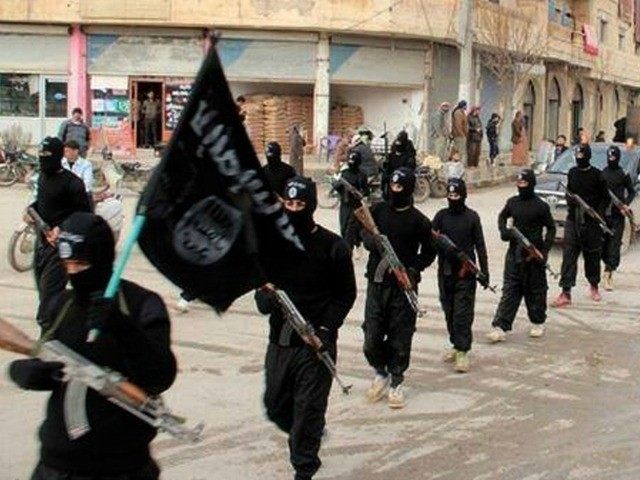Employing its harshest and most candid language to date, the Vatican has condemned the actions of the Islamic State by name, declaring it guilty of “unspeakable crimes” and “repulsive and damnable” atrocities.
The unusually blunt statement by Archbishop Silvano M. Tomasi, permanent observer of the Holy See to the United Nations, was read before the UN Human Rights Council, in its meeting on freedom of religion or belief.
“The appeal to religion in order to murder people and destroy the evidence of human creativity developed in the course of history makes the on-going atrocities even more repulsive and damnable,” Tomasi said in his statement, which the Vatican released on Thursday.
A response from the International Community to these outrages, he said, “is a moral imperative.”
The Archbishop, speaking officially for the Vatican, also reflected that if genocide means any act committed with the intent to destroy, in whole or in part, a national, ethnic, racial or religious group, “then the International Community as a whole is certainly witnessing a sort of genocide in some regions of the world, where the enslavement and sale of women and children, the killing of young men, the burning, beheading and the forcing into exile of people continue.”
Tomasi said that the “these and other unspeakable crimes are being committed against people belonging to ancient communities simply because their belief, social system, and culture are different from the fundamentalist combatants of the so-called ‘Islamic State’ group.”
This statement was particularly significant because it is the first time that the Vatican has spoken directly of the “Islamic State,” preferring in the past to speak of “religious extremism” or “religious fundamentalism,” without mentioning ISIS by name.
The Archbishop also stated that “freedom of expression is a fundamental human right which is always to be upheld and protected,” without which, “education, democracy, authentic spirituality would not be possible.” He also said, however, that a “‘right to offend’ does not exist.”
Tomasi complained of a “double standard,” suggesting that certain forms of hate speech are deemed unacceptable, while religion is considered fair game. He noted that some limits to freedom of expression “are selectively imposed by law and accepted,” whereas “systematic, provocative, and verbally violent attacks on religion which hurt the personal identity of believers are endorsed.”
His words followed a string of reports of growing anti-Semitism and anti-Christian violence in many parts of Europe, as well as in Africa and the Middle East.
Freedom of expression does not “justify relegating religion to a subculture of insignificant weight or to an acceptable easy target of ridicule and discrimination,” he said, comparing religion to other areas that are treated with greater sensitivity, such as race and ethnic identity.
“What can justify gratuitous insults and spiteful derision of the religious feelings and convictions of others who are, after all, equal in dignity?” he said. “Can we make fun of the cultural identity of a person, of the color of his skin, of the belief of his heart?”
Tomasi did not push the case further than this, but rather acknowledged that “anti-religious arguments even in the form of irony can surely be accepted, as it is acceptable to use irony about secularism or atheism.” He also noted that criticism of religious thinking “can even help dismantle various extremisms.”
“Violence,” Tomasi also insisted, “does not stem from religion but from its false interpretation or its transformation into ideology.”
He also alluded to the historic fact that some of the worst atrocities the world has ever known have been perpetrated by anti-religious or atheistic ideologies. This extreme violence, he said, is not intrinsically tied to religion but “can derive from the idolatry of State or of the economy, and it can be an effect of secularization.”
The Archbishop said that “violence is always an individual’s act and a decision that implies personal responsibility,” and therefore, the best remedy to it is the adoption of “an ethics of responsibility.”
Follow Thomas D. Williams on Twitter @tdwilliamsrome.

COMMENTS
Please let us know if you're having issues with commenting.